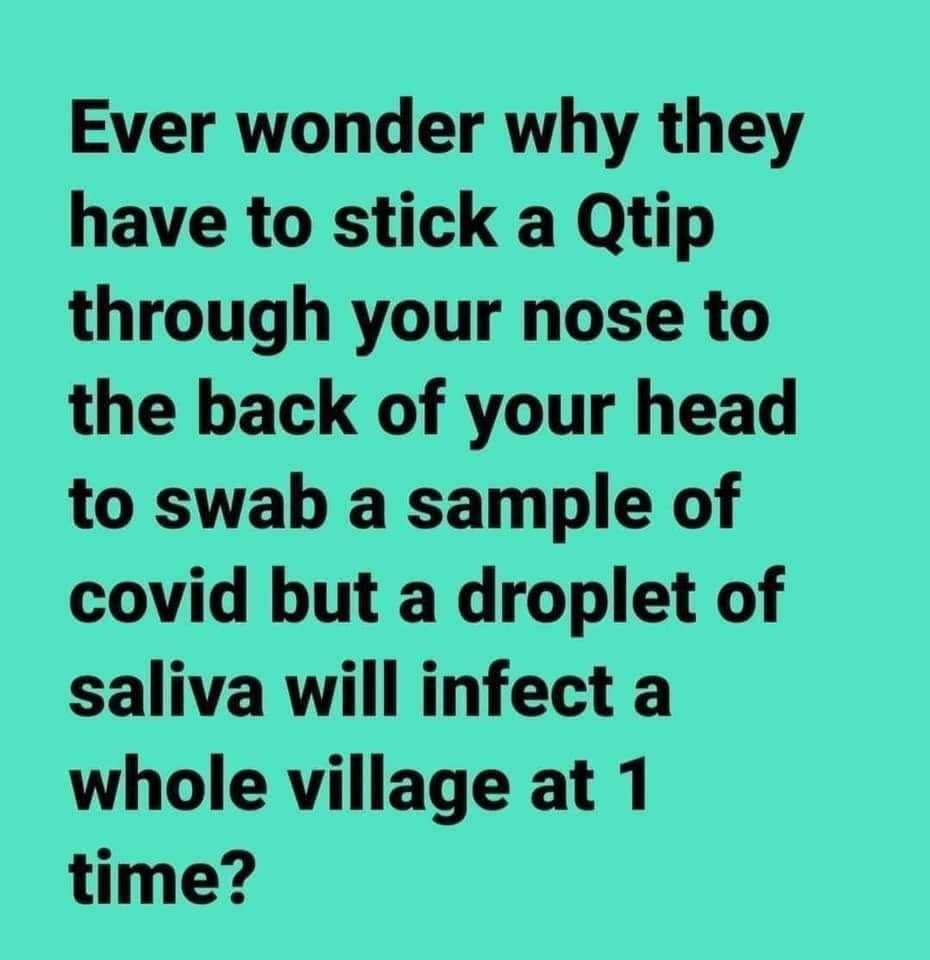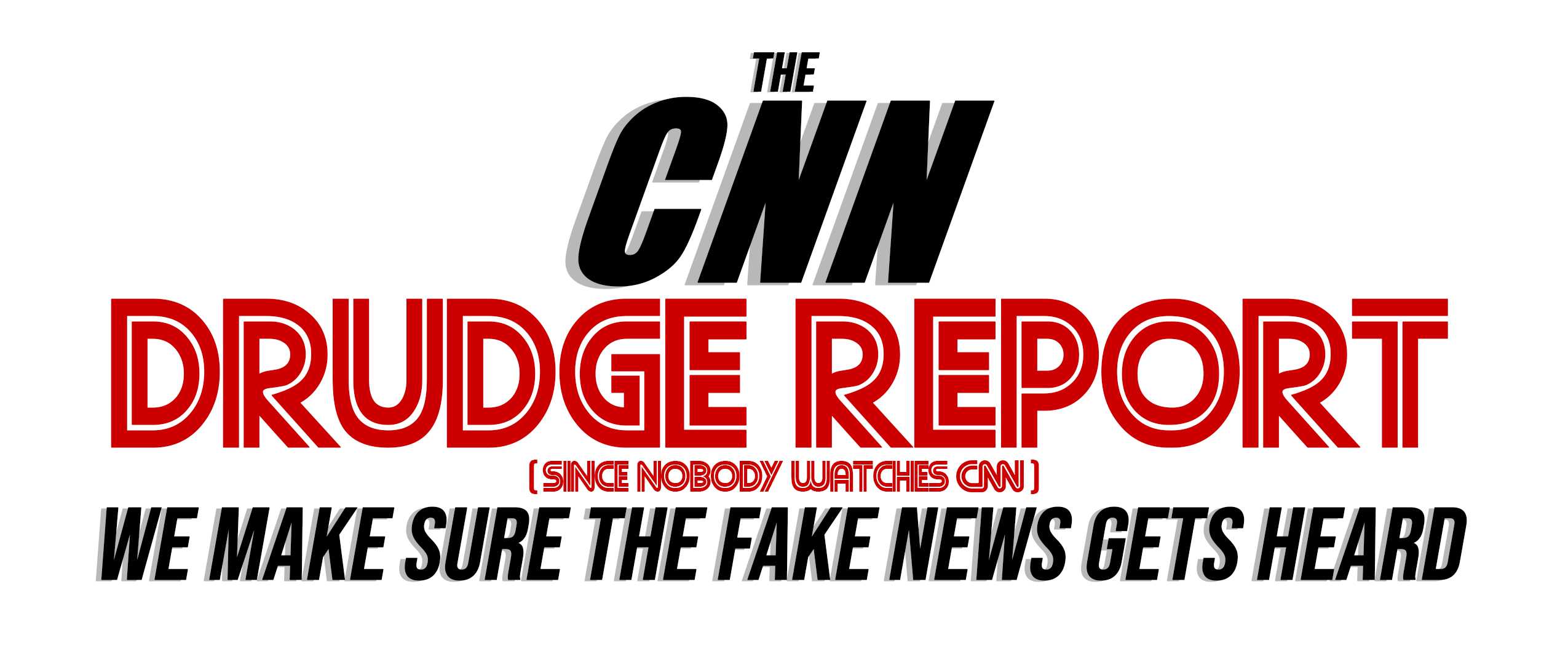Discover posts
And my suspicions are confirmed. The CDC has been reporting the combined numbers of both PCR testing (active infections) and serology tests (prior, recovered infection) in their daily "new case" tallies. The article indicates several states are doing the same thing.
https://www.npr.org/sections/c....oronavirus-live-upda
New, large, peer reviewed study was just published that shows hydroxychloroquine significantly cut the death rate of hospitalized #covid19 patients.
https://www.henryford.com/news..../2020/07/hydro-treat
Texas ER chain exec speaks out about the "spike" in cases. Some interesting information in this article.
https://www.thegatewaypundit.c....om/2020/06/senior-ex
#covid19
On this Fourth of July, with the uncertainty of COVID-19 and unrest touching nearly every part of the nation, I'd like to reflect on another time of uncertainty in the United States' history, the Civil War. In 1861, as states are voting to leave the Union, as Congress votes to not interfere with slavery in any state, as Lincoln as to sneak in to Washington, DC to take office as the 16th president, Oliver Wendell Holmes, Sr., the same poet whose poem "Old Ironsides" lead to the preservation of USS Constitution (now the oldest commissioned warship still afloat in the world), wrote an unofficial fifth stanza to another famous poem, "The Star Spangled Banner." I think that Holmes was probably feeling many of the same emotions that we are experiencing right now. Anger, fear, sadness, disappointment. But, his words also reflect a sense of hope. Hope that the war would end, hope that the slaves would be freed, and hope that the Union would be healed.
When the "Star Spangled Banner" became the official national anthem of the United States of America in 1931, only the four stanzas written by Francis Scott Key were recognized. Holmes' fifth, unofficial stanza is largely unknown, but something worth reflecting on today.
TIP: As this platform only has 3 visibility settings
(Everyone, Friends, Only Me)
if you want to interact with people without laying bare your whole life,
try creating a page, group, or topic in the forum.
GROUPS can be set to private/invite only.
Don't forget to change the privacy settings on your posts
if you don't want everyone to see them!









